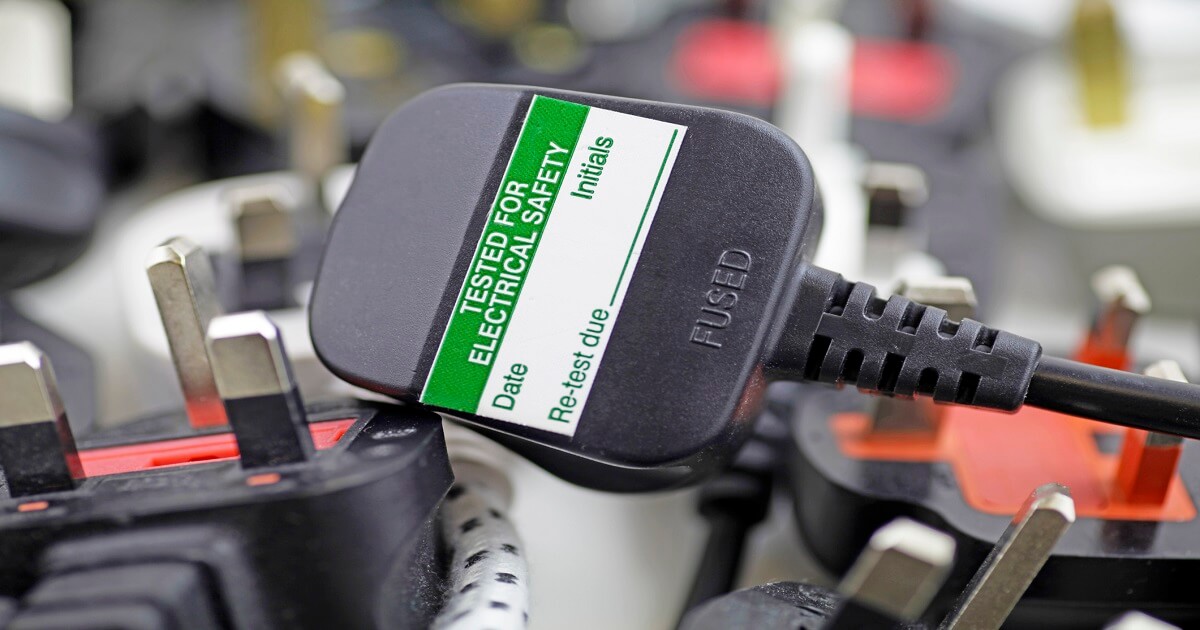Landlord Electrical Safety Certificate-You probably know that circuit breakers and power outages can occur, but do you know what causes them and what damage they can cause to your appliances? Many homes experience an increase in energy at some point. Here’s what you can do to recognize the danger and protect your home from electrocution:
Hidden danger
A power outage occurs when the flow of power through the grid is unexpectedly interrupted, or when a device that draws power enters the system instead. The UK mains voltage is 230 V and 50 Hz. Many countries, including the United Kingdom and London, have devices with different voltages (such as 110 V 60 Hz). Improperly plugging these devices into an outlet can cause power outages and equipment damage.
Obviously, The Landlord Electrical Safety Certificate using basically the same current as lightning is not easy. Adding all the above elements to your mix will give you an idea of how dangerous power boosts are. Electricity and electricity are used relatively safely and comfortably on a daily basis, so there are risks to consider.
How long will the performance improvement continue?
The actual speed of the electric current is very fast, less than 1/1000 second. Voltages of hundreds to thousands of volts can vary.The voltage does not act on the constant current, so it fluctuates. This vibration is characteristic of radio waves and becomes more complicated with the introduction of concepts such as three-phase current, which gives different amounts of current to alternating current. Due to the increased complexity, different countries have different levels and the manufacture of appliances can be completed with different levels of quality.
What are the most common causes of increased energy?
Power jams can be caused by several factors, most of which are under your control. Turning on high-power electrical equipment or turning on special power sources may cause a power outage. This can damage other appliances in the home. Examples of common devices are refrigerators, air conditioners, and heaters.
- Disabled circuits can protect your home, but if they fail in the process, they can pose a threat later.
- Poor wiring or poor wiring is the cause of many power outages.
- Bad wiring needs to be replaced. If you suspect a wiring problem, contact a professional electrician.
- Tree trunks can touch power lines, grow into power lines, sway in the wind, or move suddenly in bad weather, causing power outages.
- Take a picture of a nearby tree that could damage your power lines and notify the community immediately.
Animals such as transformers can invade electrical equipment and increase output, often shutting down in the process. Restoring power after a power outage can improve performance by powering all devices at once. In the event of a power outage, turn off the device at the outlet and unplug it from the power outlet. After the service is restored, reconnect one at a time. Lightning strikes are one of the most out of control situations. If you live in rural areas or areas where metal is used as lightning bolts, consider installing a lightning rod near your yard.
What is the risk of overheating?
Increased power can damage electrical equipment. Damage can result in loss of functionality, and repeated power surges can cause the device to deteriorate over time. Occasionally, increasing power can cause an electric fire that can damage or destroy the entire house.
What is the warning sign?
Power outages occur very quickly, at least not for the first time. Landlord Electrical Safety Certificate are some signs of increased energy:
- Trip circuit breaker or safety switch
- Device restart or power failure
- “Brick”, broken or broken electrical equipment.
- Once you notice these signs, it’s time to take action and protect your home from future events.
- Protect your home from the dangers of energy
- There are several steps you can take to reduce the risk of a power outage in your home.
- Phone Line Protection-Reduces the risk of damaging your phone.
- Last High Security of Expensive Items-And avoid the use of cheap and reliable electronics that can damage other equipment.
- High Quality Safety Switch-Don’t Touch Cheap Plugs. Protect your products with high quality devices.
- Vendor Protection-Report outdoor electric hazards to the council or vendor.
- Discard Unused Items-The best way is to minimize risk and save energy bills.
Electrical systems can vary widely from house to house as follows: Expert knowledge is probably the best protection against energy congestion in the home. Talk to an electrician to find out how to protect your home and appliances from overcrowding. Call Landlord Electrical Safety Certificate or fill out the free quote form at 0203 239 0374 to find out how to keep your home from overheating.

